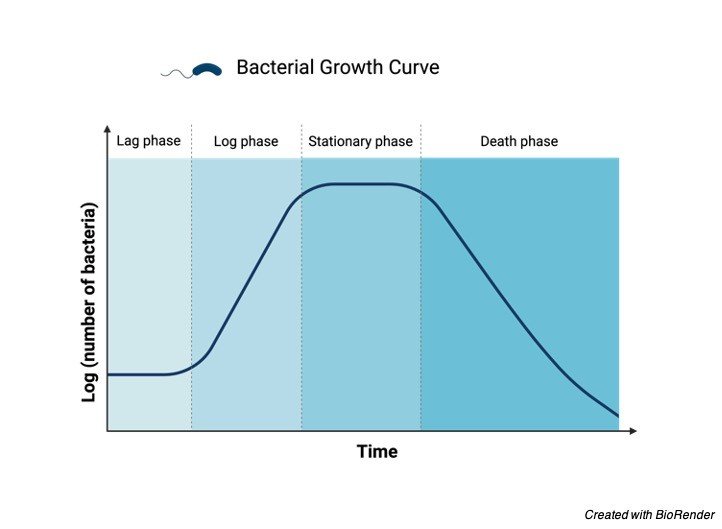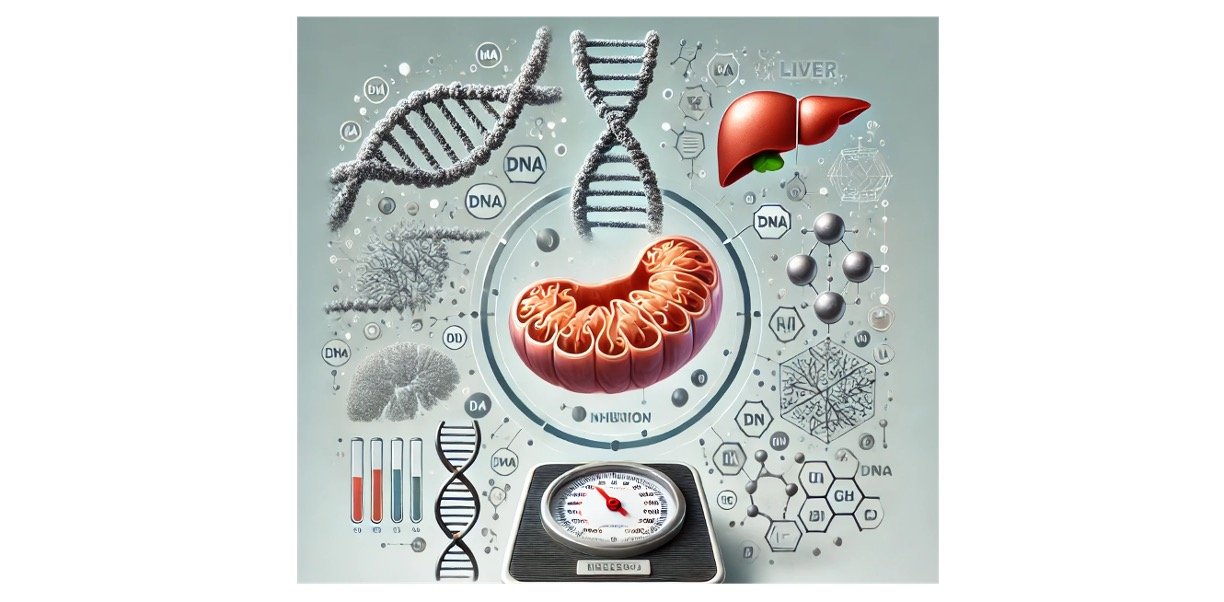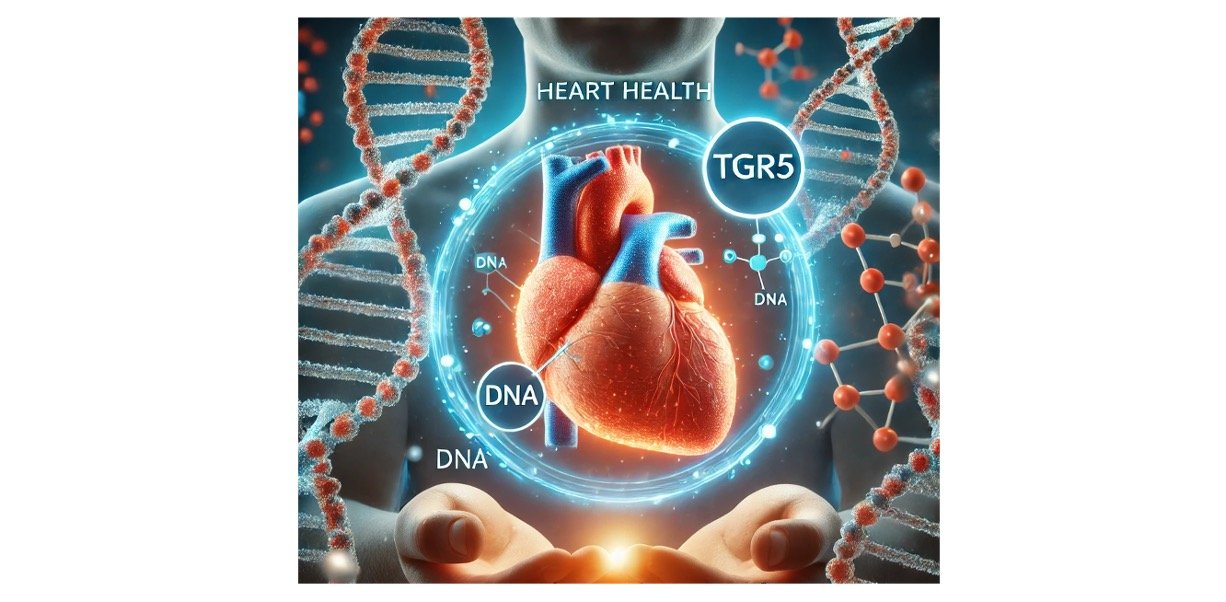Bacterial Growth Curve
Bacterial growth in batch culture can be modeled with four different phases: lag phase, exponential or log phase, stationary phase, and death phase.
Bacterial Growth Curve

I. Lag Phase
o During lag phase, bacteria adapt themselves to growth conditions.
o It is the period where the individual bacteria are maturing and not yet able to divide.
o During the lag phase of the bacterial growth cycle, synthesis of RNA, enzymes and other molecules occurs.
II. Exponential Phase
o Exponential phase (sometimes called the log phase) is a period characterized by cell doubling.
o The number of new bacteria appearing per unit time is proportional to the present population.
o If growth is not limited, doubling will continue at a constant rate so both the number of cells and the rate of population increase doubles with each consecutive time period.
o For this type of exponential growth, plotting the natural logarithm of cell number against time produces a straight line.
o The slope of this line is the specific growth rate of the organism, which is a measure of the number of divisions per cell per unit time.
o The actual rate of this growth (i.e. the slope of the line in the figure) depends upon the growth conditions, which affect the frequency of cell division events and the probability of both daughter cells surviving.
o Exponential growth cannot continue indefinitely, however, because the medium is soon depleted of nutrients and enriched with wastes.
III. Stationary Phase
o During stationary phase, the growth rate slows as a result of nutrient depletion and accumulation of toxic products.
o This phase is reached as the bacteria begin to exhaust the resources that are available to them.
o This phase is a constant value as the rate of bacterial growth is equal to the rate of bacterial death.
IV. Death Phase
At death phase, bacteria run out of nutrients and die.
Bacterial Growth Curve Citations
Share












